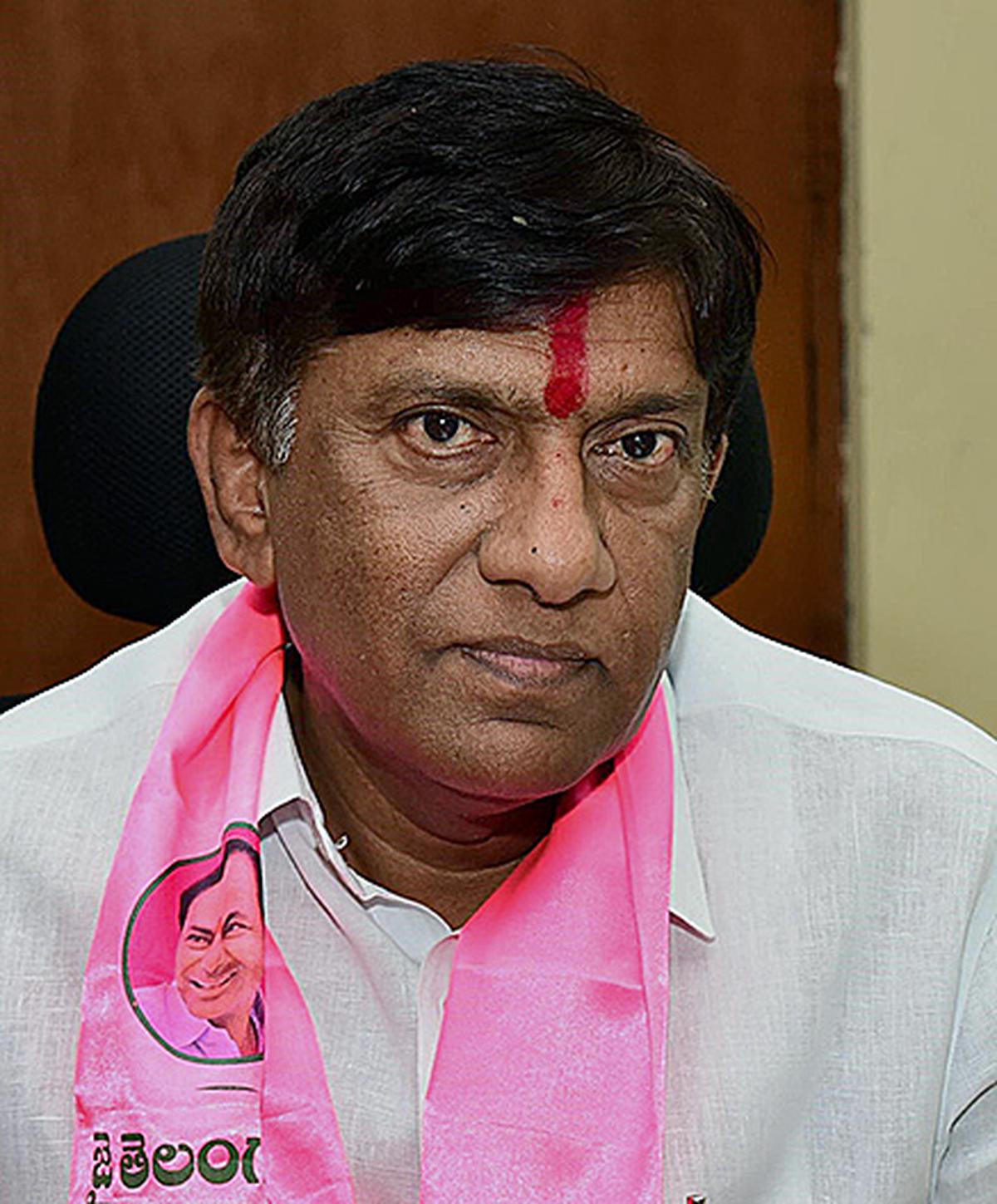
Amend the term ‘as soon as possible’ to ‘within 30 days’, Law Commission urged
The Hindu
Planning Board vice chairman says delays by Governors in giving assent to Bills is disturbing
Planning Board vice chairman B. Vinod Kumar urged Law Commission chairman Justice Ritu Raj Awasthi to amend the term “as soon as possible” in Article 200 of the Constitution to ‘within 30 days’.
In a letter on Wednesday, Mr.Vinod Kumar wrote, “I represented the Karimnagar constituency of Telangana State in the 16th Lok Sabha and Hanamkonda constituency in the 14th Lok Sabha. Of late, I am disturbed at the deliberate delays by the Governors of various states in providing assent to Bills passed by their respective State Legislatures. According to the Article 200 of the Constitution of India, the Governor has the right to approve or reject a bill. However, I am deeply hurt at the lackadaisical attitude of the Governors in not acting upon Bills passed by the State Assemblies. What is stopping the Governors from exercising his/her powers to either accept or reject a Bill,“ he asked in the letter.
Stating that the Legislative Assemblies of Telangana, Tamil Nadu and Kerala have enacted several important Bills and sent the same to their State Governors for assent, but that has been inordinately delayed. “As a matter of fact, The Telangana Universities Common Recruitment Board Bill 2022 has been submitted to the Governor for her perusal a few months ago but unfortunately no action has been taken so far. I urge you to make Article 200 more accountable by studying these lapses and recommend the Government of India to amend the Constitution,” said Mr. Vinod Kumar.
“I strongly urge you to look into this matter and request you to recommend the Government of India to amend the term ‘as soon as possible’ in Article 200 of the Constitution to ‘within 30 days’. This change will bring a lot more accountability in the system at the highest level,” Mr Vinod Kumar appealed.





















 Run 3 Space | Play Space Running Game
Run 3 Space | Play Space Running Game Traffic Jam 3D | Online Racing Game
Traffic Jam 3D | Online Racing Game Duck Hunt | Play Old Classic Game
Duck Hunt | Play Old Classic Game











